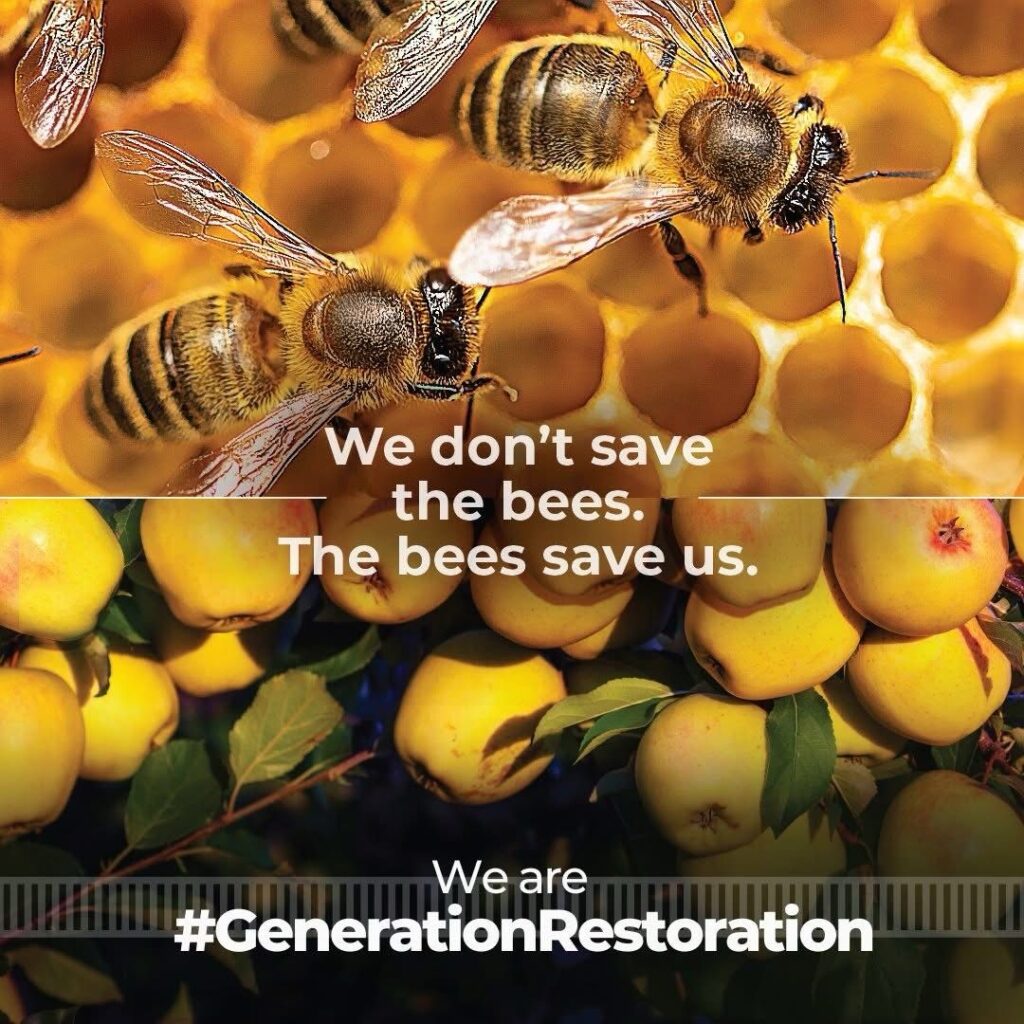Water scarcity poses a grave threat to all life, with deteriorating weather, thirsty animals, and declining health contributing to environmental imbalance. Forests, ponds, rivers, and even large industries are suffering as resources dwindle. In response, the Chief Minister of Rajasthan, India, Shri Bhajan Lal, has initiated various water treaties to transform the state into a water-rich region. Inspired by his efforts, the campaign consultancy company “MarConPra” developed the “Sharmanism” model of water management. This model aims to address the water crisis and sustain water abundance, ensuring a balanced ecosystem and future prosperity for the affected areas.
Tag: Scenario
-
Nature for the universal operations
Nature plays a crucial role in the functioning of the universe. It operates through a harmonious balance of elements and forces, ensuring the stability and continuity of life. The natural world, with its intricate ecosystems and diverse species, supports life by providing essential resources like air, water, and food. Additionally, nature regulates the Earth’s climate and weather patterns, contributing to the planet’s overall health and sustainability. The interconnectedness of all living and non-living things demonstrates a delicate balance that sustains the universe. Understanding and respecting nature’s processes is vital for the preservation of life and the well-being of future generations.
-
Birds maintain ecological balance and stability.
Biodiversity, particularly the presence of birds, plays a crucial role in the functioning of natural systems. Birds contribute significantly through pollination, seed dispersal, and pest control, maintaining the ecological balance. Their activities aid in the regeneration of forests and the spread of plants, which are vital for sustaining diverse ecosystems. Birds also act as indicators of environmental health, signaling changes in habitats due to their sensitivity to ecological shifts. Protecting bird species and their habitats is essential not only for preserving biodiversity but also for ensuring the resilience and stability of natural systems against climate change.
-
Water channelization instead of drainage system.
Sanganeri Excellence – Water channelization refers to the strategic design and construction of channels to direct the flow of water towards appropriate destinations. Unlike traditional drainage systems, which primarily aim to remove excess water, channelization focuses on guiding water through specific pathways to prevent wastage, flooding, erosion, and environmental disruption, especially for freshwater. This method can enhance water management by maintaining natural watercourses, supporting ecosystems, and facilitating groundwater recharge. By promoting a controlled flow, channelization helps in sustaining water quality and availability, benefiting both urban and rural areas. It serves as a sustainable alternative, minimizing unintended impacts on the surrounding environment including UNESCO’s SDG.
-
Diplomacy heals, prevents future conflicts
Time can create wounds that linger, impacting international relationships if not addressed thoughtfully. In these scenarios, it’s essential to engage with careful diplomacy and strategic foresight. Such an approach can prevent old grievances from intensifying, ensuring future generations are shielded from similar conflicts. By learning from historical tensions and adopting proactive measures, countries can foster more harmonious and cooperative relations. This mindful strategy not only aids in healing past wounds but also paves the way for a more peaceful and prosperous global environment for those who follow.
-
Relationships require diplomatic balance
While relationships have broadened, uncertainty has also grown. Although handling relationships diplomatically can be somewhat challenging, it’s essential to encourage this approach. By doing so, we can protect the present from the negative memories of the past and enjoy more positive experiences. Balancing these dynamics helps us navigate complex interactions and ensures that we can foster healthier and more meaningful connections. This practice not only helps maintain harmony but also paves the way for a future filled with better, more enriching moments.
-
Speak out against injustice.
The Job of a Politician. Once a person commits to a career in politics, their life becomes dedicated to the welfare of their constituents. They strive to ensure that everyone lives comfortably in accordance with their qualifications and the rights associated with them. When these rights are infringed upon, life becomes filled with unnecessary struggles, qualifications suffer, and individuals may feel alienated from the scenario. In such circumstances, a true politician steps forward. They take on the responsibility of safeguarding the rights of the people, regardless of the situation or the cost. Ultimately, the core duty of a politician is to stand against injustice in order to preserve the democratic system.
